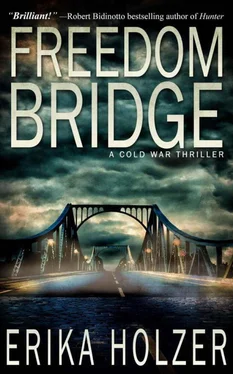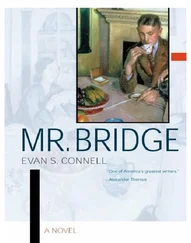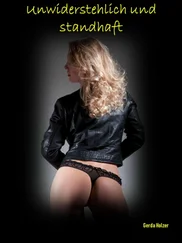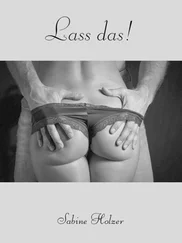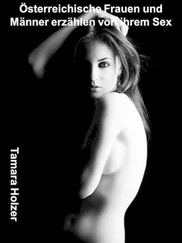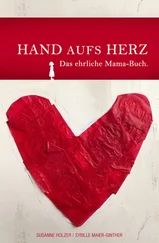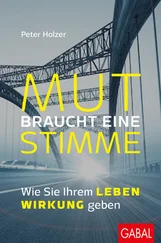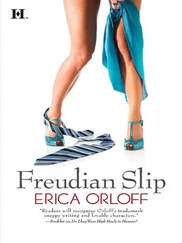Fearful of being followed by KGB agents working for Aleksei, Kiril waited a few days before contacting Stepan. Their meeting place was a bath house’s blue-and-gold-tiled steam room at dawn as soon as the facility opened.
“The microfilm could be our passport out of the Soviet Union,” Stepan whispered. “When I think of the risk you’ve taken… ”
“What you’re about to do is a lot riskier,” Kiril said soberly.
“When I get to Potsdam, I’ll tell my American diplomat friend the whole story.”
Kiril frowned. “But will it be in time to save the U2?”
“Maybe. Maybe not. But even if the information comes too late, Khrushchev’s orchestrated charade will be exposed. The Communists will lose their leverage regarding Berlin, and, later on, the nuclear negotiations.”
“Let’s hope so. Can we run through the rest?”
“Here’s how it works,” Stepan said. “Once my friend helps me defect from Potsdam, he gets the CIA to exfiltrate you from the Soviet Union—probably from Leningrad to Finland. Like I said, that’s how it should work. And it will work, Kiril.”
Kiril couldn’t tell if Stepan’s flushed face was from the steam or from sheer excitement. “Better get dressed,” Kiril told him. “Then meet me at the lap pool.”
Kiril was wearing a terrycloth robe by the time Stepan got there. They sat on a bench. There were no patrons at this ungodly hour. Kiril had counted on that. He opened a paper bag and pulled out two cheese sandwiches. He kept one and handed the other to Stepan. “Careful how you open yours, Stepan” he warned. “Mine really is a sandwich. Yours has—”
“Microfilm, wrapped in a tiny piece of cellophane,” Stepan whispered, as if he couldn’t quite believe his eyes.
“It’s time for you to leave,” Kiril said reluctantly. “I’ll kill another half hour in the lap pool.”
“Right.”
They started to shake hands and ended up in a bear hug.
“Be safe, my friend,” Kiril said, and forced himself to look away.
The minute Stepan left, Kiril was filled with foreboding. Sliding into the lap pool, he traveled the length of it with a ferocious overhand stroke. He kept up the pace for half an hour.
But utter exhaustion did not erase his premonition of disaster, nor the nagging questions that followed in its wake.
Disaster for whom?
For you, Stepan?
For me?
For both of us?
At precisely 7:00 P.M. on April 30, 1960, Paul Houston entered the noisy pre-conference reception in Potsdam, East Germany.
Not surprisingly, Moscow red had been transported ad nauseam to East Germany’s grand Cecilienhof Palace, he thought drily. Red walls. Red gilt-trimmed chairs like the ones in the main conference room upstairs. Red tablecloths on buffet tables.
Clusters of solicitous East German waiters were circulating with drinks. A handful of civilian and military officers—American, British, and French—mingled with three Soviet officers.
Two of the three Soviets were dark and squat like sawed-off tree trunks. The third was a rotund blond with round metal-rimmed glasses. All three men were resplendent in uniforms that looked as if they’d come from the costume department of a Gilbert and Sullivan operetta.
“…May Day toast to another memorable Potsdam conference!” the blond Russian enthused in English. “Gentlemen, the past few months have not been in vain. Negotiations over wider American, British, and French access to Berlin have become snarled, yes? Never mind. By this time tomorrow, our leaders will have untangled the snarls. Harmony prevailed at Cecilienhof Palace sixteen years ago. It shall prevail again! As a good hunting dog grabs hold of his quarry, our great leaders shall grab hold of our doubts, our disagreements…”
Finally, glasses were raised, putting a welcome end to the Russian’s melodramatic monologue.
Houston had little patience for the usual Soviet Orwellian refrain. The original Potsdam conference in 1945 had eased world tensions.
Sure it had .
It had established the principles for a lasting peace.
Right .
How anyone could respond to the notion that the first Potsdam conference had accomplished anything but politically motivated turmoil was beyond him. Not in the face of postwar Germany as it was carved into four occupation zones: American, British, French, and Soviet. Certainly not in postwar Berlin, which currently sat in the middle of East Germany, and was subjected to the same Four-Power division.
What had been accomplished, thanks to wily Uncle Joe Stalin, as FDR had affectionately called him, was West Berlin’s untenable position after being locked in—surrounded by the Communists.
Needing a break from the bombast, Houston went outside and walked briskly down a long paved driveway bordered by close-cut grass and hemmed in by sculpted bushes.
Halfway down the driveway, he turned around and took in the architectural excesses of “Schloss Cecilienhof.” Erected between 1914 and 1917 for Germany’s Crown Prince Wilhelm and his wife Cecilie, it had the look of a metastasized English Tutor country house: red-tiled roofs, 6 courtyards, 55 carved brick chimney tops, and more. More of everything.
Because Houston knew the palace’s history, the same thought came to mind whenever he saw Cecilienhof: What a waste!
Construction was to have been completed in 1915. Delayed due to the outbreak of World War I the year before, it was not until August 1917 that the Crown Prince and his bride were able to move in. A year later, the prince and his father were forced into exile. Cecilie had stayed on but was forced to flee from the approaching Red Army in February 1945.
Five months later, Cecilienhof Palace was once again refurbished—this time for the Potsdam Conference that had taken place fifteen years ago, between July 17 and August 2, 1945.
Houston pictured the men who had met at the round table in the conference hall. Winston Churchill, and later Clement Attlee, Joseph Stalin, and Harry Truman. He recalled the world-shaping events that had been agreed upon here… Churchill’s and Truman’s July 26, 1945 Potsdam Declaration , which insisted on Japan’s unconditional surrender. Later, their partially successful attempt to bring the Soviet Union into the war in Asia.
The cast of characters had certainly changed this time around, he reflected. Former General of the Army Dwight D. Eisenhower. Nikita Khrushchev, the “ Butcher of Ukraine .” Harold Macmillan, the Conservative Party son of an American mother. Charles de Gaulle, leader of the World War Free French.
In spite of everything else on his mind, Houston had to admit he was looking forward to the conference.
* * *
Houston and Brodsky had slipped through the raucous partiers by different routes. A quarter-moon had just begun to cast its dark gray light on the ornate grounds of the palace. Dense foliage and hedge-like bushes would provide excellent cover for the two men.
Outside, Houston hurried down a couple of steep steps. Trees were turning into silhouettes. A tall form stood in the shadow of a hedge.
“Stepan?” he called out softly.
A hand gripped his. “Hello, Houston.”
It was the old joke between them. Brodsky liked greeting him by his last name—the name of an American city he hoped one day soon to see for himself.
When Paul Houston offered Stepan a cigarette, Brodsky automatically went for his cigarette lighter. It didn’t work. Houston held out a match, wondering why Brodsky had cracked a smile as he slipped his cigarette lighter back into his pocket.
As soon as they were well away from the palace and securely surrounded by trees, Brodsky turned to Houston. “You know how long I’ve wanted to defect, Paul. But always, your CIA came up with excuses for not helping. I won’t go into the litany. For one thing, it’s too painful.”
Читать дальше
